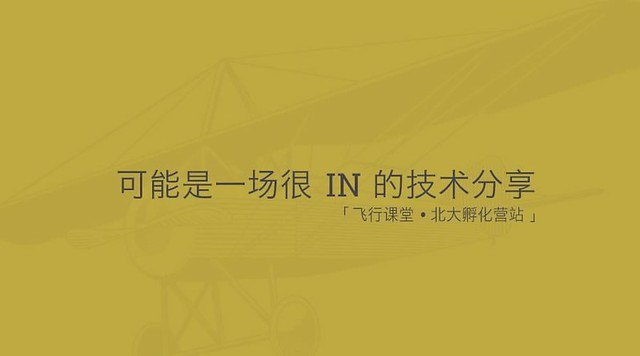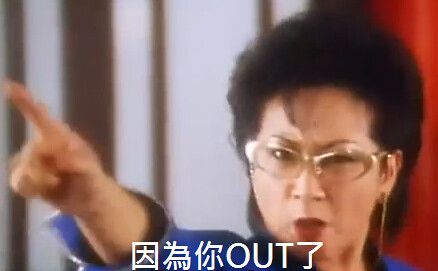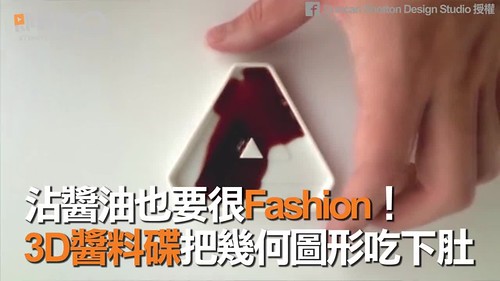The English that Feels Weird in Your Chinese
Anyone that has studied Chinese for a while and made it to at least the intermediate level will notice that certain English words are used. Sometimes it’s words that seem cool or trendy to use in English, like “Starbucks” or “Doctor Strange.” Other times it’s English acronyms that are just easy to keep in English rather than translating into Chinese, such as “FBI” or “NBA” or “MBA.” And still other times, it’s “false acronyms” with Chinese characteristics such as “PPT” (for Powerpoint presentations) or “APP” (for “app”).
I’m not talking about any of those. These are all fairly easy to pick up and incorporate into one’s daily conversations. I’m talking about another kind, while not difficult at all to understand, made me cringe a little at first. And now, even though I’m quite used to them, I can’t really stomach using them in my own speech. But these are words that I hear even people that don’t speak much English using.
Some examples!
- make sense: most notably, the phrase “不make sense.” (I recall Jenny used to use this on ChinesePod occasionally, but she’s not the only Chinese person to use this English phrase in Chinese!)
- man: this means “manly,” as in “很man“
- fashion: this means “fashionable,” as in “很fashion“
- in: used as an adjective to describe fads or trends, as in “很in“
- out: used to describe what’s NOT cool, but this time as either an adjective or as a verb: “太out了” or “你out了“
- OK: although sometimes this word feels just like it does in English, there’s something about the phrase “也OK” instead of “也可以” that always feels odd to me
- high (often written as “嗨“): I’ve never heard this used in the “drug high” sense; it’s always in the “natural high” sense, as in “玩得很high” for “have/had a blast”
- get: this seems to be a synonym for 懂, as in “只有你能get我“
- down: a verb, short for “download”
Here are some examples collected from the web. Many of them seem to be from Taiwanese sources.
To be clear, this is not just regular “Chinglish,” where English gets randomly mixed in with Chinese. These are words that seem to have snuck into common usage among young people (maybe first in Taiwan?), even when those people don’t speak much English, and don’t necessarily even have an international education.
Do these usages feel weird coming out of your own mouth? Or can you use them naturally?
What other examples can you share?






I think you brush up to the real story but pull back. The main source of linguistic innovation, especially with borrowings, in on Taiwan. In your examples, the English words are integrated with the Hanzi script. This has been suppressed, if not outright banned in the mainland media, by Xinhua and other related ministries. There is much more anxiety in mainland society about maintained Chineseness; whereas, I suspect, this sort of language dynamic is regarded as one way for the Taiwanese to develop their own identity.
True… My problem is that I don’t have much direct experience with Taiwan, so it’s hard for me to draw too many conclusions. You’re totally right about the suppression of “non-standard Chinese,” but it’s hard to say how pervasive it is.
I’m in Taipei, Taiwan .. 不make sense! .. this one really drives me nuts probably because I hear it the most often. I literally cringe when someone say it. The man, fashion, ok, and high usages are also quite common. Here is one I literally just heard: “這是一個affordable的amount.” Another common one here in the office is the use of ‘work’ (e.g., 這個不work or 造成系統不work.)
Personally I do not think it has anything to do with identity. After talking about this phenomenon with my family and friends, we aren’t sure how it started or why certain words stick, but all agree that it seems to more of a trendy or cool thing.
“In” as an adjective has been around in English since at least the 16th Century. “Out” as an adjective is even older – 13th century.Their use to indicate fashionableness or lack of such has been around since the 1960s. Think Dobie Gray’s 1964 hit – The In Crowd.
Pretentious Americans a century ago signaled their cultural savoir faire with a smattering of French, the language of the military and cultural power of the time. Today’s Chinese seem to be trying the same.
Incidentally, the name “XO” was the greatest bit of unintentional marketing genius I’ve ever seen. Much easier for the non-English speaking nouveau riches to shout across the restaurant than “courvoisier,” etc.
I was recently sitting in a discussion about payroll processes between a Taiwanese pay admin and a Mainland Chinese pay admin. Quite often during the conversation (entirely in Chinese) they would say KEY, as in “key into a system”. Ex. “shei KEY zhe ge?”, “ni bixu KEY yingwen mingzi ma?”, “KEY guo le ma?”
Kinda like they turned it into their own private English slang word in Chinese.
When I was a Chinese speaking LDS missionary in Dallas a decade ago, many of our affluent educated congregants would speak in chinglish like “那不是一个Good Deal“
I used to hate it when I was speaking chinese ans didn’t know the Chinese word for something. Recently I’ve decided it probably makes me sound like a native speaker if I just use the English word. Two reasons: Throwing out the English word maintains fluency when speaking because I don’t have to stop and think of the Chinese word. Secondly, if I were a native Chinese speaker that could speak English this well I would,probably use lots of English words anyway just to show off. That said, when I hear the phrase “不make sense” I do vomit into my own mouth a little bit.
My wife is from Liaoning Province; one thing she says a lot is “OK啦!“ which I find quite charming. A nice way of taking a very useful English “word” and putting a Chinese ending on it.
[…] https://www.sinosplice.com/life/archives/2017/03/02/the-english-that-feels-weird-in-your-chinese […]
I find it both cute and cringe-worthy when these get translated back into English, such as when my students say “You are out!” to mean “You’re dead!” or “This is so fashion.”
Latest one that made me laugh was DDL (deadline): “Please send back this essay, the DDL is December 1th”.